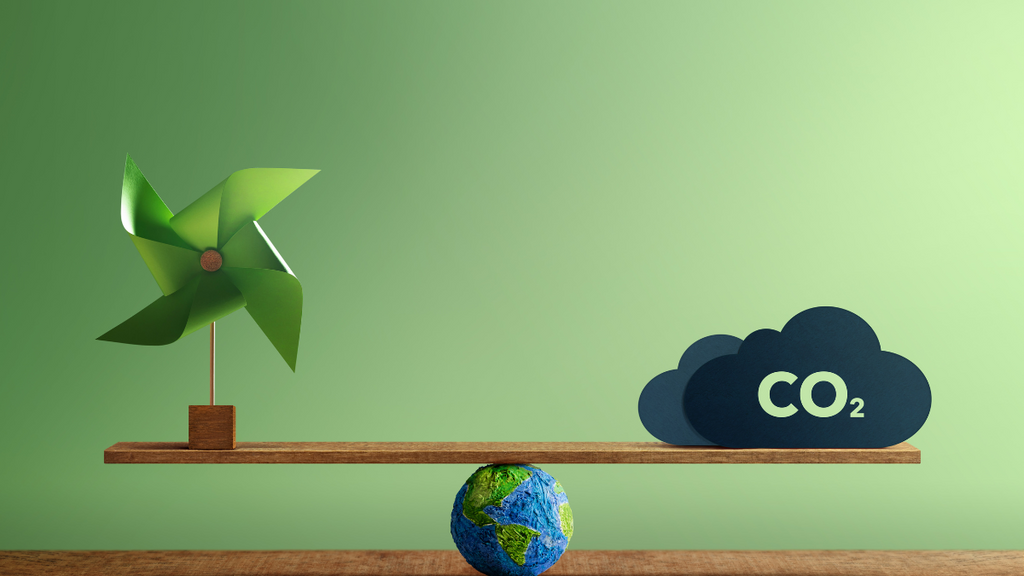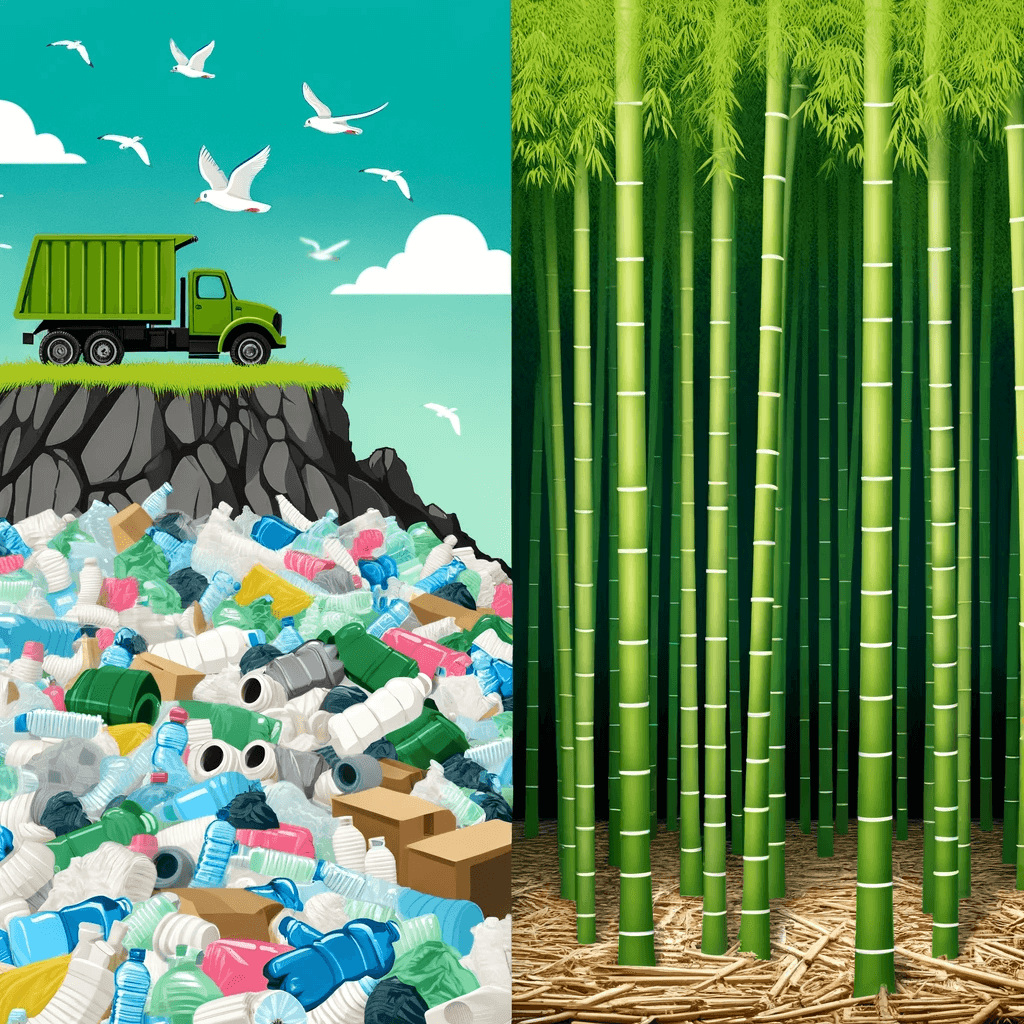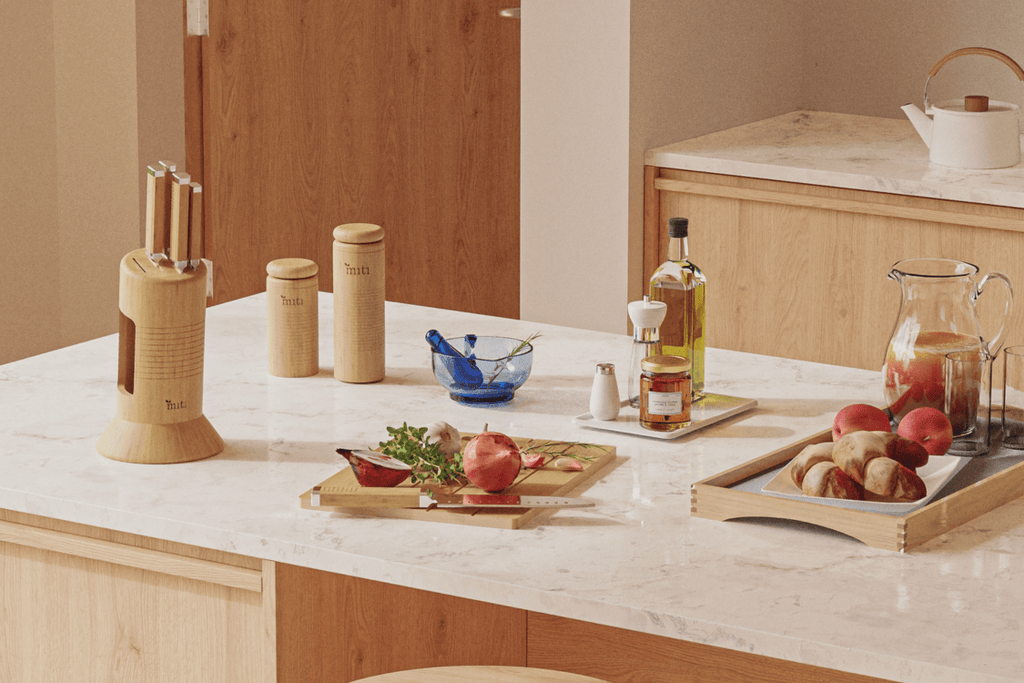Plastic pollution has become a global crisis, threatening ecosystems, marine life, and human health. As the world grapples with the detrimental effects of plastic waste, the search for sustainable alternatives has intensified. One promising solution gaining traction is bamboo—a versatile and eco-friendly material that offers a viable substitute for plastic in various applications.
Bamboo, often referred to as “the green steel,” is one of the fastest-growing plants on Earth, capable of reaching maturity within three to five years. Unlike plastic, which is derived from non-renewable fossil fuels, bamboo is a renewable resource that can be harvested without causing harm to the environment. Its rapid growth rate and ability to thrive in diverse climates make it an attractive option for sustainable production.
One of the key advantages of bamboo over plastic is its biodegradability. While plastic can persist in the environment for hundreds of years, bamboo products are biodegradable and break down naturally, minimizing their impact on landfills and oceans. This characteristic makes bamboo an ideal choice for single-use items such as utensils, plates, and packaging materials.
Moreover, bamboo exhibits impressive strength and durability, rivaling that of many traditional materials. Bamboo fibers can be processed to create sturdy textiles for clothing, towels, and linens, offering a sustainable alternative to synthetic fabrics. In construction, bamboo is increasingly being used as a renewable building material for flooring, furniture, and even structural elements due to its strength-to-weight ratio and resilience.
In recent years, the market for bamboo products has experienced significant growth as consumers become more conscious of their environmental footprint. Companies across various industries are embracing bamboo as a sustainable alternative to plastic, incorporating it into their product lines to meet growing demand for eco-friendly options.
Furthermore, the cultivation of bamboo presents additional environmental benefits. Bamboo forests play a crucial role in carbon sequestration, absorbing greenhouse gases and mitigating climate change. Unlike conventional forestry practices, bamboo cultivation requires minimal water and no pesticides or fertilizers, reducing the overall environmental impact.
However, despite its many advantages, the widespread adoption of bamboo faces certain challenges. Ensuring responsible harvesting practices and promoting sustainable management of bamboo forests are essential to prevent deforestation and habitat loss. Additionally, while bamboo offers a sustainable alternative to many plastic products, it may not be suitable for all applications, and further research and innovation are needed to address limitations and optimize its use.
In conclusion, bamboo holds tremendous potential as a sustainable alternative to plastic, offering numerous environmental benefits and versatile applications. By embracing bamboo products and supporting responsible cultivation practices, individuals and businesses can contribute to reducing plastic pollution and fostering a greener, more sustainable future for generations to come.
Post time: Apr-08-2024








